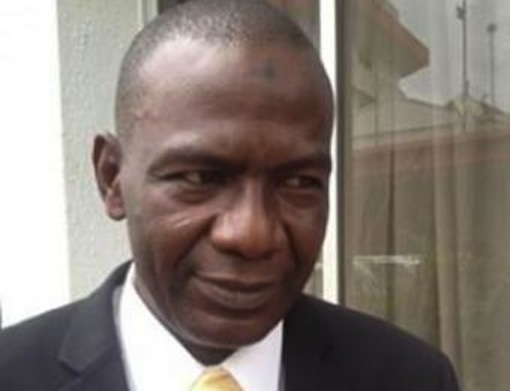The Association of Bureau De Change Operators of Nigeria (ABCON), the umbrella group of Bureau De Change (BDC) operators in the country has called on the Central Bank of Nigeria (CBN) to allow its members collaborate with it in its current efforts to boost liquidity in the nation’s foreign exchange (FX) market.
The President of the association, Alhaji Aminu Gwadebe, who was quoted as expressing the readiness of the BDP operators to partner the apex bank by Nairametrics, a leading online medium, maintained that the BDC operators would serve as effective channels of the transmission mechanism of CBN’s monetary policies.
While advising the apex bank management to immediately leverage the BDCs and allow them access banks’ autonomous window and agency of international money transfer operators, the ABCON President canvassed the need for the reinstatement of the bank’s 2015 policy guidelines, which allow the BDCs to effectively provide liquidity in the retail end of the market through the FX windows.
According to him, the 2015 policy guidelines allow the BDC operators to access FX from autonomous window of the deposit money banks (DMBs) and act as agents for diaspora remittances.
Gwadebe clarified: ‘’First, I want to congratulate the Acting GOVERNOR on the president’s approval of the proposed CBN action plans. In view of the diversions and arbitrages that continue to create pent up demand and speculators attack on our local currency.
‘’I quickly want to advise the apex bank to leverage on the BDCs and allow them access banks’ autonomous window and agency of international money transfer operators. The BDCs are effective tools of the transmission mechanism of the CENTRAL BANK MONETARY POLICIES.
‘’I, therefore, urge the CBN to reinstate the 2015 CBN policy guidelines for BDCs to allow them effectively provide liquidity in the retail end of the market through the windows identified. The BDCs in 2006, 2009 and 2017 impacted the stability of the local currency positively in those years.
‘’I also want to assure the CBN that the BDCs are committed to enhancing corporate governance, knowing your customer, Due diligence and obligations on Return rendition. ABCON is continuing strategic alliances with relevant stakeholders to ensure increased liquidity at the retail end market”, the ABCON President added.
Gwadebe, who accused some of the International Money Transfer Organizations (IMTOs) of diverting diaspora remittances, pointed out that the DMBs claimed that most of the remittances are not channeled through them.
The ABCON boss said, ‘’All along what we have been telling them we have been vindicated we have seen, this money is not coming, this money is being diverted, this money is left over there and that is why we recommended, let the BDCs terminate the transactions. There is no way I can terminate the transactions to you as a beneficiary in Nigeria as a Bureau De Change without me having the second leg of the dollar.
‘’Imagine you are the IMTO and then you are the one that will pay the beneficiary the naira, invariably, then I as well just give you the naira without paying you the dollar.’’
While confirming the claim of the acting CBN Governor that most of the transfers done by the IMTOs are not been tracked, Gwadebe said: “What the acting Governor of the CBN said is the truth, he has the data, he has the information, we too have been saying this all along.
“Even the banks have been saying that they are not seeing the diaspora remittances that the fintechs have taken over. We had a meeting with the banks where we even tried to bring up the issue of diaspora remittances so that we can harness it and bring liquidity, but they said they don’t see it. That’s the truth of the matter, a lot of unlicensed online firms are in the process” he added
It would be recalled that the acting CBN Governor, Folashodun Shonubi, had on Monday after a meeting with President Bola Tinubu over the increasingly worrisome volatility of the FX market, hinted of plans by the apex bank to curb abuses in the market through appropriate measures and warned FX speculators of the risks they will be facing as the implementation of the new policy to stabilize the Naira exchange rate kicks-off.






